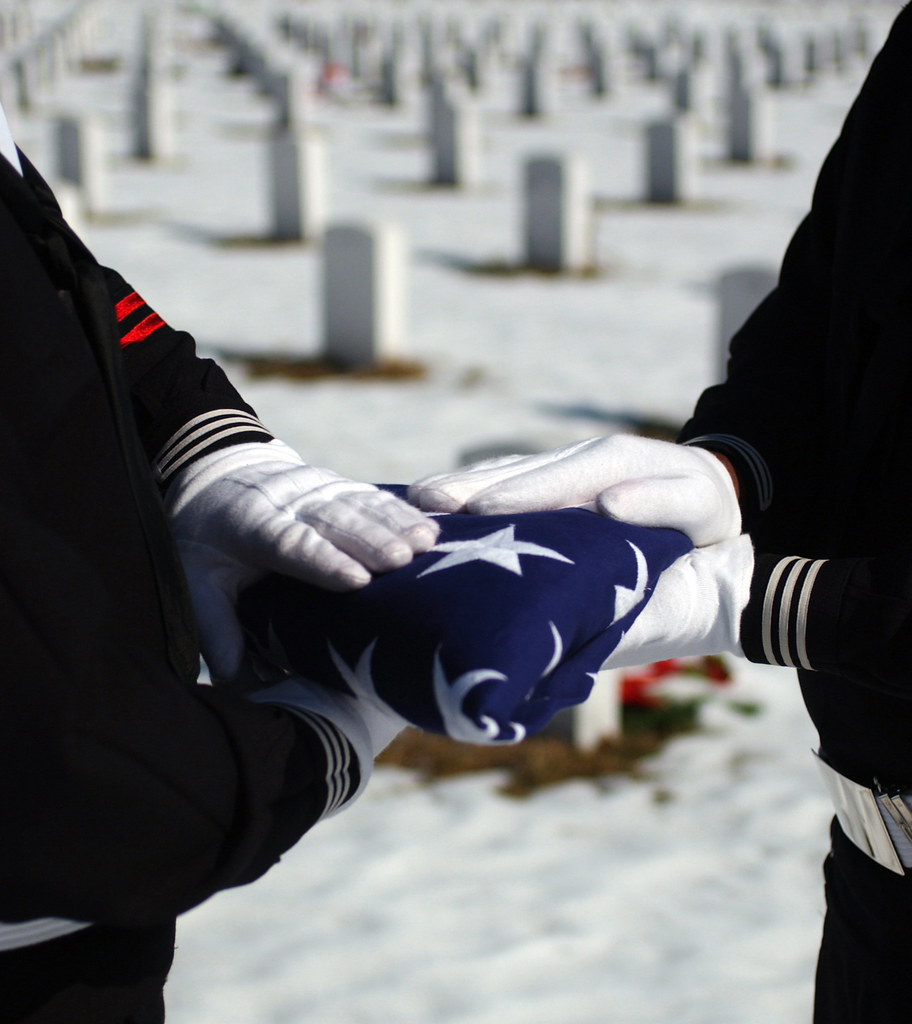Have a story idea
Have a story idea? Send it to us here.

Source : Beverly & Pack
May 17, 2022
Author : Contractor News
Over the years Congress and state governments have enacted various laws to support veteran and disabled veteran-owned businesses. A key goal has been to assist veterans as they reintegrate into civilian life.
It is well known that many military and former military personnel suffer from physical and mental trauma received while in the line of duty. A significant part of America’s homeless population is vets, with many suffering from under- or unemployment.
The federal government for years has allocated a portion of its construction contracts for Veteran-Owned Small Businesses (VOSB) and Service-Disabled Veteran-Owned Small Businesses (SDVOSB). Three percent of all federal contracting dollars are supposed to be set aside for SDVOSBs.
The SDVOSB program opens up a variety of contract opportunities. There are two kinds of set-aside contracts: competitive set-aside contracts (this happens for contracts under $150,000) and sole-source set-aside contracts.
As per the US Small Business Administration (SBA), to qualify for the SDVOSB program the following requirements must be met:
While the federal government does do a lot to assist SDVOSB/VOSB firms, disabled veterans are losing out on hundreds of millions of dollars in contracts and procurement opportunities. While the main failure is coming from state and local government, some federal agencies also fail to meet the legal obligations toward veterans that Congress enacted years ago.
For example, the United States Agency for International Development (USAID) is falling far behind in achieving the target. In 2020, USAID only met 0.5% of the SDVOSB target for its contracts. That is eighty three percent under what it should be.
However, it is state agencies that should come under the most critique. As per a previous Contractor News report, only a dozen of the 50 states in the United States have initiatives that appear to connect vet and disabled vet enterprises with state public works projects or set aside goals.
As to how beneficial these programs are varies. For example, a new report by the Garden State Initiative documents how only a “mere few” of New Jersey’s 72 public agencies have awarded contracts to businesses owned by disabled veterans.
The number of cities and counties with business initiatives involving local veteran enterprises was much lower, with only a few scattered across the nation.
President Biden has called for a 5% increase in the allotment of Federal Contracting dollars going toward contracts with disadvantaged business enterprises (DBEs) and other underrepresented firms (such as service-disabled veterans).
USAID Administrator Samantha Power, has said the lack of involvement with veteran small business owners “holds back healthy competition, limits … exposure to new approaches robs small businesses of the chance to gain valuable experience, and doesn't make the best possible use of valuable taxpayer dollars.”
However, if actions are to speak louder than words, she and officials from state and local agencies from across the country will need to seriously step up their implementation of laws benefiting veteran enterprises.
Category : Disabled Veteran Businesses Veteran Business Federal Government Local Government State Government
